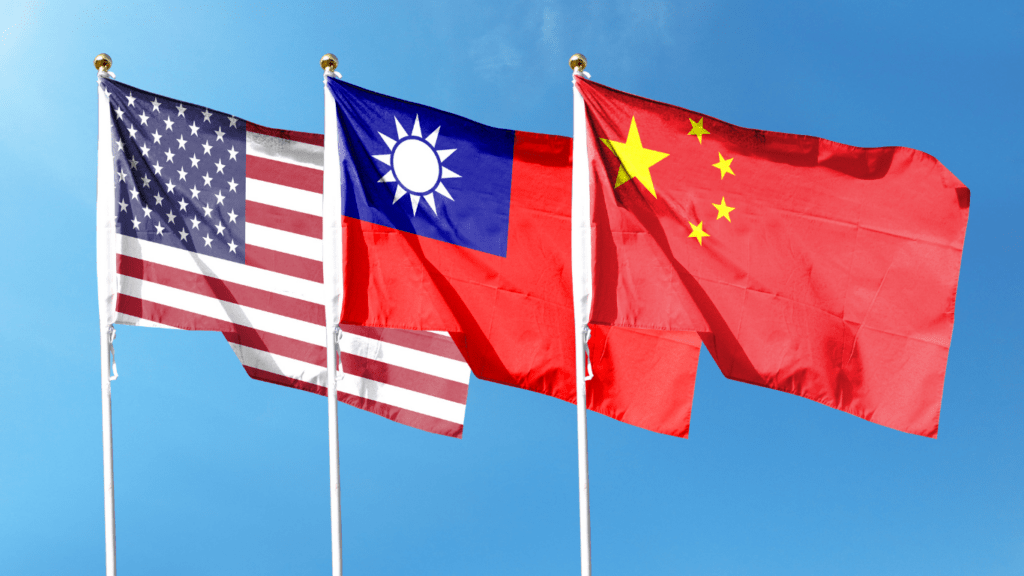Navigating the complex landscape of global economics, one cannot overlook the profound impact of trade wars on the interconnected web of countries and markets. As I delve into the repercussions of these economic conflicts, it becomes evident that the ripples extend far beyond mere tariffs and trade agreements. The intricate dance of supply chains, market sentiments, and investor confidence is significantly influenced by the specter of trade wars looming over the global economy.
In this exploration, I’ll shed light on how trade wars have the power to shape the trajectory of nations, industries, and the livelihoods of individuals worldwide. From disrupted trade flows to shifting alliances, the repercussions of these geopolitical tensions are profound and multifaceted. Join me as we uncover the intricacies of how trade wars reverberate through the delicate fabric of global economies.
Overview of Trade Wars
Trade wars are economic conflicts between nations characterized by the imposition of tariffs, trade barriers, and other restrictions on imports and exports. These disputes can escalate tensions between countries and have far-reaching implications on global economic dynamics.
What Are Trade Wars?
Trade wars refer to disputes between nations involving retaliatory tariffs and trade barriers. They often arise due to disagreements over trade practices, intellectual property rights, or imbalance in trade flows. Such conflicts can lead to disruptions in global supply chains, affecting businesses, consumers, and overall economic stability.
Historical Examples of Trade Wars
Historical examples of trade wars include the Smoot-Hawley Tariff Act in the 1930s, where the U.S. imposed high tariffs on imported goods, triggering retaliatory measures and exacerbating the Great Depression. Another notable case is the ongoing trade dispute between the U.S. and China, marked by tit-for-tat tariffs and trade restrictions that have reverberated across global markets.
Economic Impacts of Trade Wars
Trade wars have significant repercussions on various aspects of global economies. Let’s delve into the specific effects of these conflicts on different facets:
Effects on Global Trade Flows
Trade wars disrupt established global trade patterns by introducing tariffs and trade barriers. This disruption leads to reduced international trade volumes and alters the flow of goods and services across borders. Countries involved in trade wars often experience decreased export levels and changes in trading partners as they seek alternative markets to offset the impact of tariffs.
Impact on Domestic Industries and Employment
The impact of trade wars on domestic industries is profound. As tariffs and restrictions increase the cost of imported raw materials and goods, domestic industries face higher production costs. This scenario can lead to decreased competitiveness in the global market, affecting the overall growth and profitability of these industries. Additionally, uncertainty stemming from trade wars can hinder investment decisions, potentially resulting in job losses or a slowdown in hiring within affected sectors.
Political Consequences of Trade Wars

In considering the political consequences of trade wars, it’s evident that these conflicts have a substantial impact on international relations and domestic politics. Let’s delve into how trade disputes can influence various political aspects.
- Influence on International Relations
Trade wars can strain diplomatic relations between countries, leading to increased political tensions. When nations engage in trade disputes, it can escalate into broader conflicts that affect not only their economies but also their overall relationship. For example, the imposition of tariffs and trade barriers can trigger retaliatory measures, souring diplomatic ties and hindering cooperation on other global issues such as security and international agreements. - Domestic Political Impact
Trade wars often become significant political issues within countries, impacting domestic politics in various ways. Governments facing backlash from affected industries or consumers due to the consequences of trade disputes may struggle to maintain political stability. Moreover, the decisions and strategies adopted by authorities to navigate trade wars can influence public opinion, election outcomes, and policymaking. The domestic political impact of trade wars underscores the complex interplay between economic policies and political dynamics within a nation.
Trade Wars and Global Economy Recovery
As I explore the impact of trade wars on global economies, it is crucial to address the challenges in post-trade war recovery and the opportunities for economic reform and collaboration that arise in such contexts.
Challenges in Post-Trade War Recovery
In the aftermath of trade wars, one of the primary challenges faced by economies is the restoration of disrupted trade flows and rebuilding of trust among trading partners. Reconfiguring supply chains, renegotiating trade agreements, and adapting to new trade patterns are essential tasks for countries aiming to recover from the adverse effects of trade conflicts.
Opportunities for Economic Reform and Collaboration
Despite the disruptions caused by trade wars, they often present opportunities for economic reform and collaboration. Countries can use these moments to diversify their trading partners, enhance domestic industries’ competitiveness, and implement structural reforms that foster long-term economic growth. Additionally, trade wars can stimulate innovation in industries affected by tariffs, leading to technological advancements and increased productivity. Collaborative efforts between nations to resolve trade disputes can strengthen diplomatic ties and pave the way for more stable and mutually beneficial trade relationships in the future.



